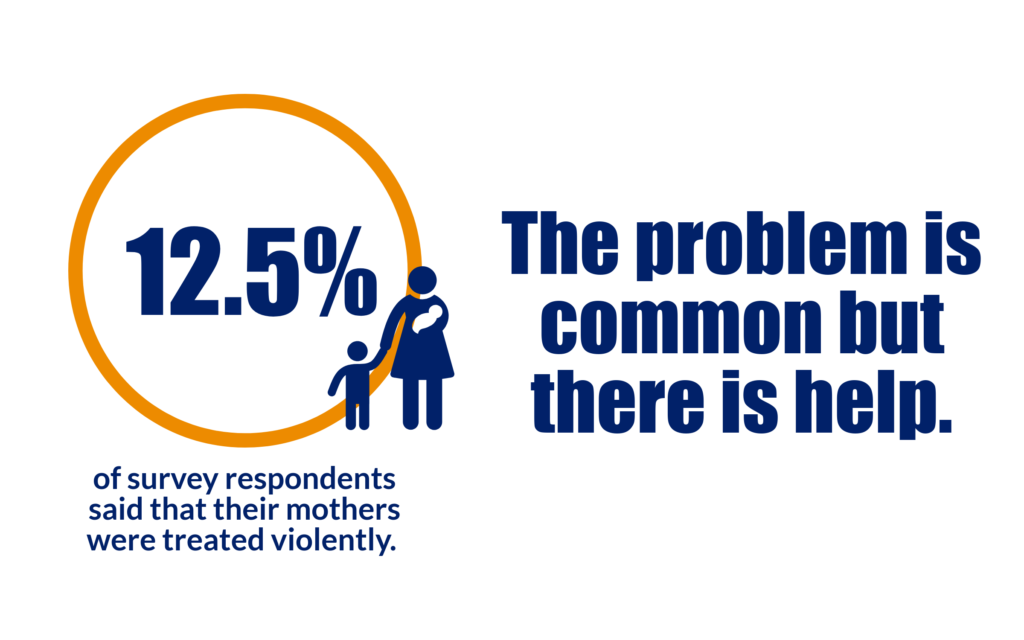Children Can Recover After Witnessing Violence in the Home

Helping Children Recover from Home Violence
The long-term effects on children who witness domestic violence are well documented, and while this article will point to some of this research as context, the goal of this article is to highlight the way that early interventions—namely legal interventions—can lessen these effects.
As reported in a bulletin released by the Department of Justice, “One in four children (26%) [are] exposed to at least one form of family violence during their lifetimes.” 1 The bulletin goes on to explain, “Exposure to [domestic violence] is distressing to children and is associated with a host of mental health symptoms both in childhood and in later life”.
If you have children who have witnessed domestic violence in the home, know that you are not alone and that there is help, for both you and your children.
Much research has been done concerning the delayed effects of childhood trauma on adult mental and physical health. One such study suggested that the effects of these childhood traumas last 20 or more years, and translate to many issues for adults who suffered these traumas in their youth 2. Interestingly, this study found that children were particularly vulnerable to long-term negative psychiatric effects simply by witnessing trauma. In other words, children didn’t have to experience physical abuse firsthand; witnessing violence against others in the home was enough to contribute to long-term health issues.
In a landmark survey published in the American Journal of Preventive Medicine, 12.5% of respondents said that as children, their mother was treated violently 3. Among many other childhood exposures to trauma, the report found a strong connection between these childhood traumas and adult disease.

In addition to these long-term effects, there are the immediate effects on children who live in homes with domestic violence. These children “demonstrate lower academic performance, suicidality, and trouble relating to both peers and adults”, according to the report entitled Supporting Survivors 4. The report goes on to explain that these children also tend to have behavioral problems in the classroom, which then has “spillover” effects, making it more difficult for other children in that classroom to learn. Although this problem is daunting, the report notes that “importantly, the data also suggests that negative classroom [effects] are reduced once domestic violence is reported to a court.” So when a home situation improves, so does the child’s health and behavior.
While the problem is clearly a common one, it’s also preventable. Early interventions are key to disrupting the harmful effects that fall on children who witness violence in their home. One of the best ways to prevent future abuse in the home is for the victim of domestic violence to get a lawyer and seek legal protection.
In addition to the initial protective order that a lawyer can help a victim receive, lawyers who specialize in domestic violence cases can also help victims get access to services that help children who have been exposed to domestic violence. Following the protective order, lawyers can help address the ancillary issues that tend to be connected to domestic violence cases. In addition, these lawyers, like the ones at Atlanta Legal Aid, are familiar with local organizations that can help with transitional housing, counseling services for children and adults, and prevention programs.
If you have children who have witnessed domestic violence in the home, know that you are not alone and that there is help, for both you and your children. To see if you or someone you know qualifies for legal assistance from Atlanta Legal Aid, visit atlantalegalaid.org/contact-2/ and call the office nearest to you.

If you are not a victim of domestic violence but want to help, you can make a donation to your local legal services organization. If you’re in metro-Atlanta, that’s us: Atlanta Legal Aid. To make a donation to help support this vital work, click the button below
1 Children’s Exposure to Intimate Partner Violence and Other Family Violence
2 Association of Childhood Trauma Exposure With Adult Psychiatric Disorders and Functional Outcomes
